
Voltaire is a world celebrity, he is recognized as one of the most widely read philosophers. This is a brilliant and at the same time deep thinker who is concerned with the fundamental questions of morality and the meaning of life, the theme of death, religion. We present to you a passage, the moral of which is reflected in its title.
Once, Azora returned from a walk in strong anger, loudly expressing her indignation.
- What's wrong with you, my dear spouse? - asked Zadig. - Who are you so angry?
“You would be just as indignant,” she replied, “if you saw what I was witnessing right now.” I visited a young widow Kozra, who buried two years ago her young spouse on the bank of a stream washing the meadow. Inconsolately grieving, she vowed to the gods not to leave there until the waters of the stream run out.
“Well,” said Zadig, “this is a respectable woman who truly loved her husband!”
“Ah,” Azora said, “you should know what she did when I came to her!”
- What is the beautiful Azora?
“She diverted the waters of the stream.”
Azora burst out with such endless reproaches and so vilified the young widow that Zadig did not like this overly verbose virtue.
He had a friend named Cador, from among the young people whom Zadig’s wife considered particularly virtuous and worthy. Zadig made him his attorney, with the help of a valuable gift having enlisted, as far as possible, with his loyalty.
One day, when Azore, after spending two days outside the city with one of her friends, returned home on the third day, the servants weepingly announced to her that her husband had suddenly died that night, that they did not dare to report such sad news and that he was already buried in family tomb at the very end of the garden. Azora was sobbing, tearing her hair out and swearing that she would not survive him. In the evening, Cador asked for permission to go to her, and they wept together. The next day, they were crying less and having lunch together. Cador informed her that his friend had bequeathed to him most of his wealth, and hinted that he would be honored to share his fortune with her. The lady cried, sulked, but finally calmed down; dinner lasted longer than dinner, and they talked more frankly. Azora praised the deceased, but admitted that he had flaws that Cador does not have.
At dinner, Cador began to complain of severe pain in the spleen. Alarmed, the lady ordered to bring incense, which she anointed, - she hoped that some of them will soothe this pain. Azora was very sorry that the great Hermes was no longer in Babylon, and even deigned to touch the place where Cador felt such intense pain.
- Are you prone to this terrible disease? She asked with compassion.
“She sometimes leads me to the very edge of the grave,” Cador replied to her. - To alleviate my sufferings is possible only in one way: attach the nose of a man who died the day before to my sore side.
- What a strange remedy! - said Azora.
“Well, it's no more strange,” he answered, “than Mr. Arnu’s bags of apoplexy.”
This argument, combined with the extraordinary merit of a young man, made the lady decide.
“After all, when my husband,” she thought, “will go from this world to another along the Jinavar bridge, will not his angel Azraelil detain on the grounds that Zadig’s nose will be somewhat shorter in the second life than in the first?”
She took a razor, went to the tomb of her spouse, watered her tears and leaned over, intending to cut off Zadig's nose, which lay stretched to its full height. Zadig stood up, closing his nose with one hand, and removing the razor with the other.
“Ma'am,” he told her, “do not scold so zealously young Kozra: the intention to cut off my nose is no better than the intention to divert the water of the stream ...”




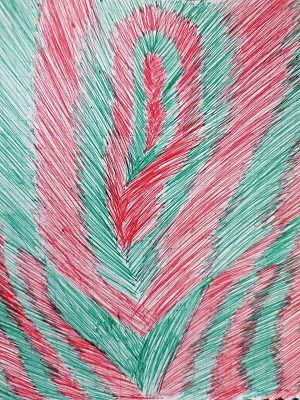




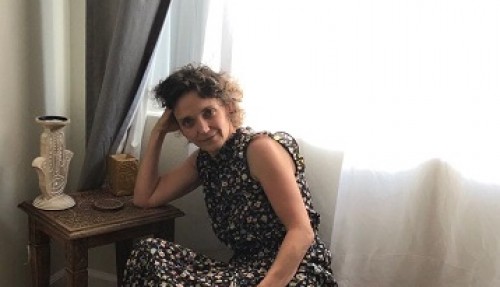
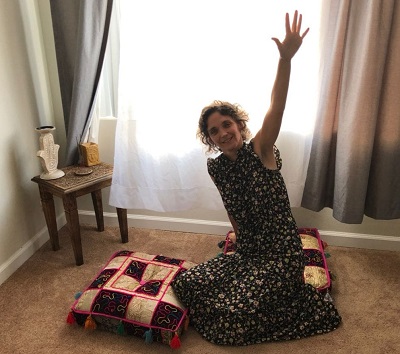
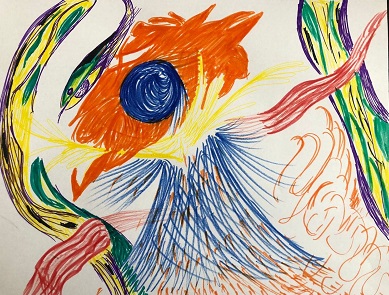








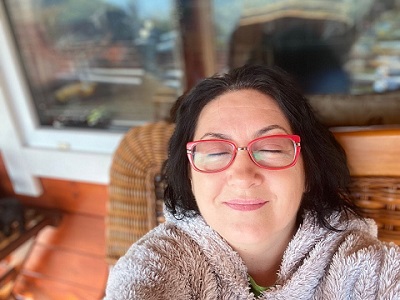










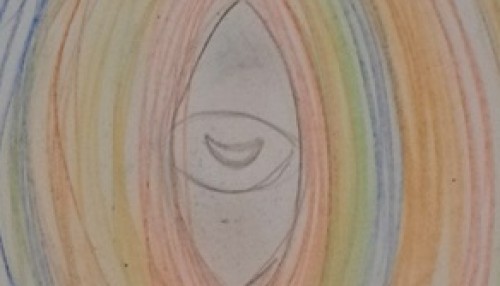




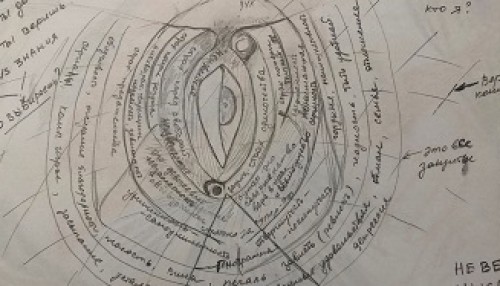










Комментарии
Войдите на сайт чтобы оставить комментарий
Войти